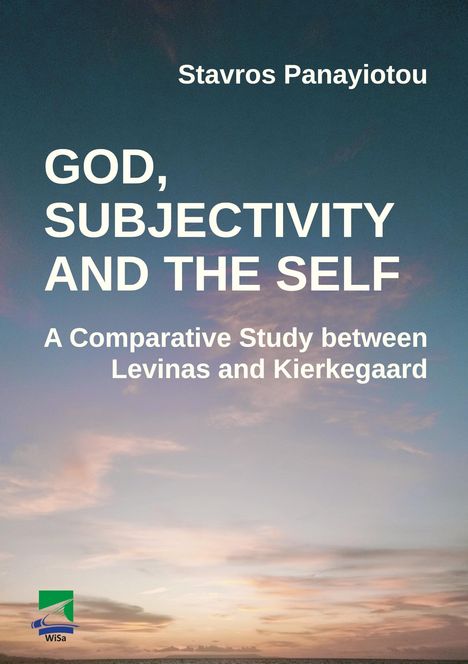Stavros Panayiotou: God, Subjectivity and the Self: A Comparative Study between Levinas and Kierkegaard, Kartoniert / Broschiert
God, Subjectivity and the Self: A Comparative Study between Levinas and Kierkegaard
(soweit verfügbar beim Lieferanten)
- Verlag:
- ibidem-Verlag, 03/2024
- Einband:
- Kartoniert / Broschiert, Paperback
- Sprache:
- Englisch
- ISBN-13:
- 9783955380427
- Artikelnummer:
- 11749794
- Umfang:
- 244 Seiten
- Nummer der Auflage:
- 24001
- Ausgabe:
- 1. Auflage
- Altersempfehlung:
- 12 Jahre
- Gewicht:
- 321 g
- Maße:
- 210 x 148 mm
- Stärke:
- 14 mm
- Erscheinungstermin:
- 28.3.2024
- Hinweis
-
Achtung: Artikel ist nicht in deutscher Sprache!
Klappentext
Levinas's ethical phenomenology proposes, as it is discussed in the main body of this study, biblical and not experimental evidence to discuss subjectivity, which can be justified only by prioritizing the Other and not the Self. Levinas vehemently provides his opposition to the total enforcement of the I. It is the Other who always comes first. There is an intersubjective dissymmetry and that is mistakenly avoided in analytical philosophy. Where the analytic line of thought provides autonomy, Levinas speaks about heteronomy, and where the former insists on totality of the self, Levinas provides vulnerability and accountability. Only a vulnerable I can love his neighbour and care for him / her. For Levinas, what matters at all is not the priority of the I in relation to the other, but the priority of the other in relation to me. Such a relationship does not suppose any absorption. And for Levinas we should dramatically reverse the traditional hierarchy where the self takes precedence over the other by introducing the idea of the infinite beyond the subject and the world.
On his own turn, Kierkegaard suggests the human journey begins from the aesthetical temptations, then, elevates the individual to the common ethical norms, and finally arrives to the personal faith in God. Kierkegaard unpacks his own philosophical thought about subjectivity that is not too far from Levinas¿s proposal about Selfhood because Kierkegaard asserts that we ought to be moral persons. However, this morality does not depend on others but on us. Moreover, according to Kierkegaard, God¿s approach to the Other is love, but love also is a way of myself to reach the Other and that implies a direct relation between me and God through an honest pray.
Anmerkungen:
Bitte beachten Sie, dass auch wir der Preisbindung unterliegen und kurzfristige Preiserhöhungen oder -senkungen an Sie weitergeben müssen.

